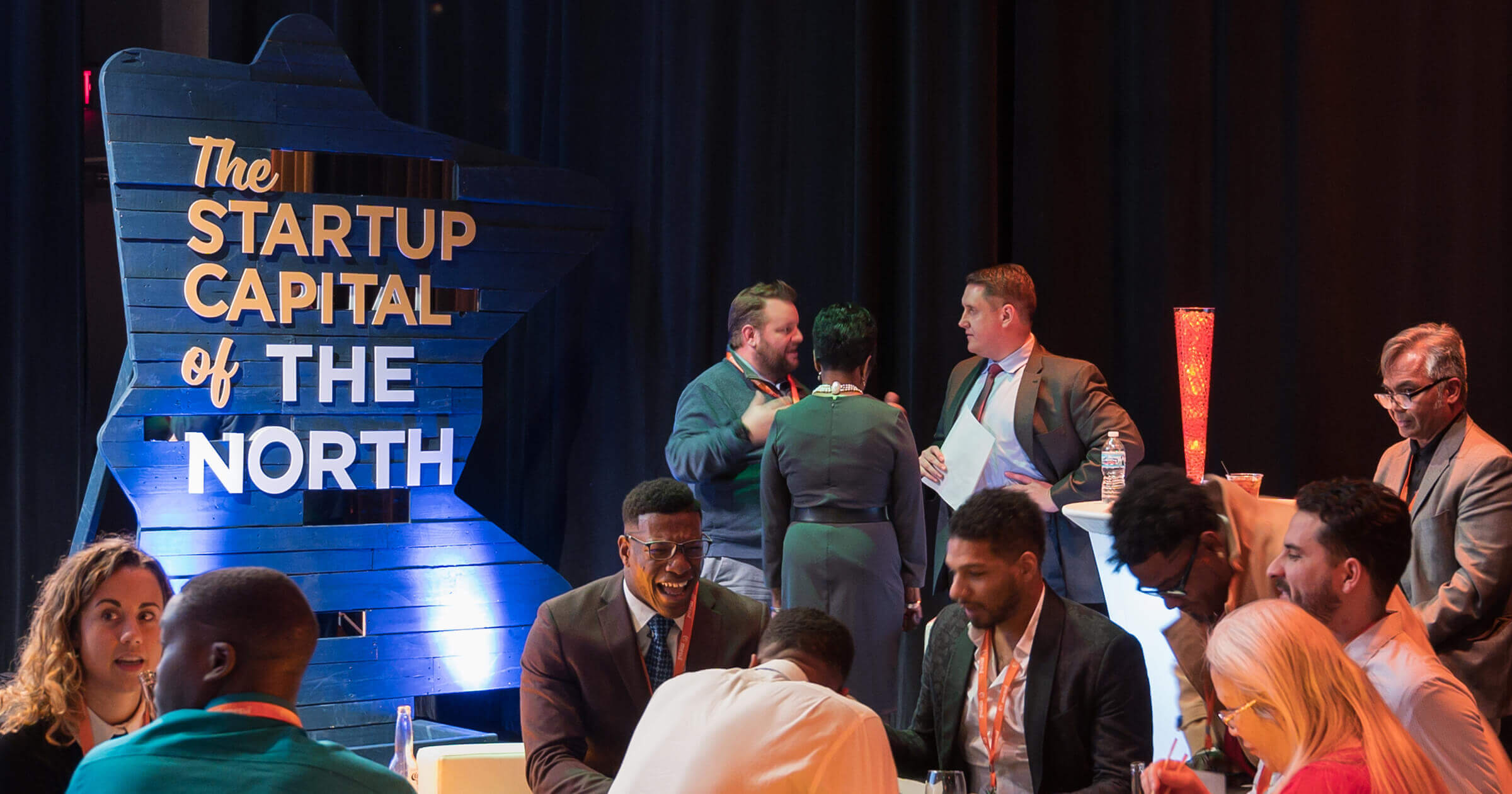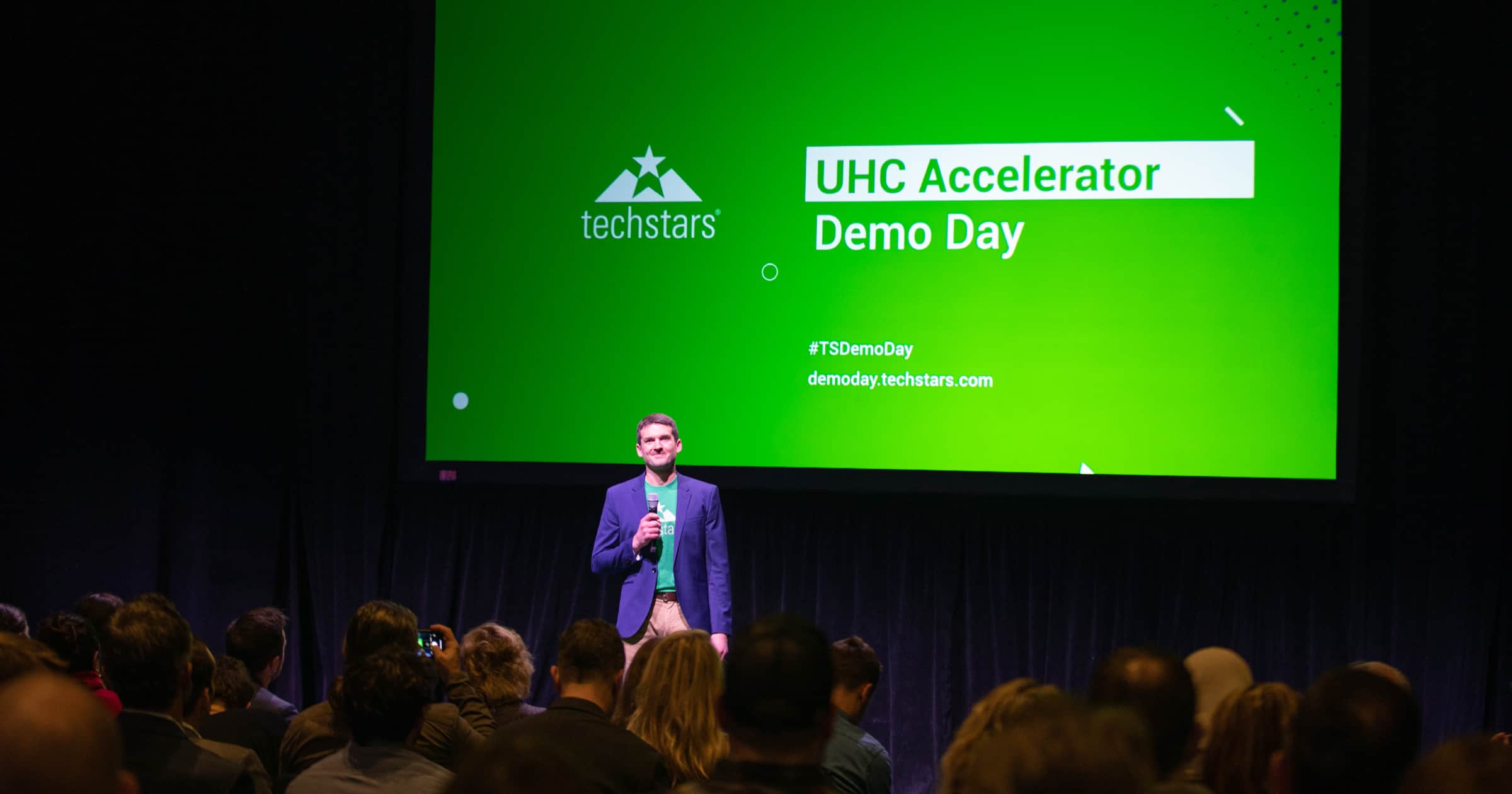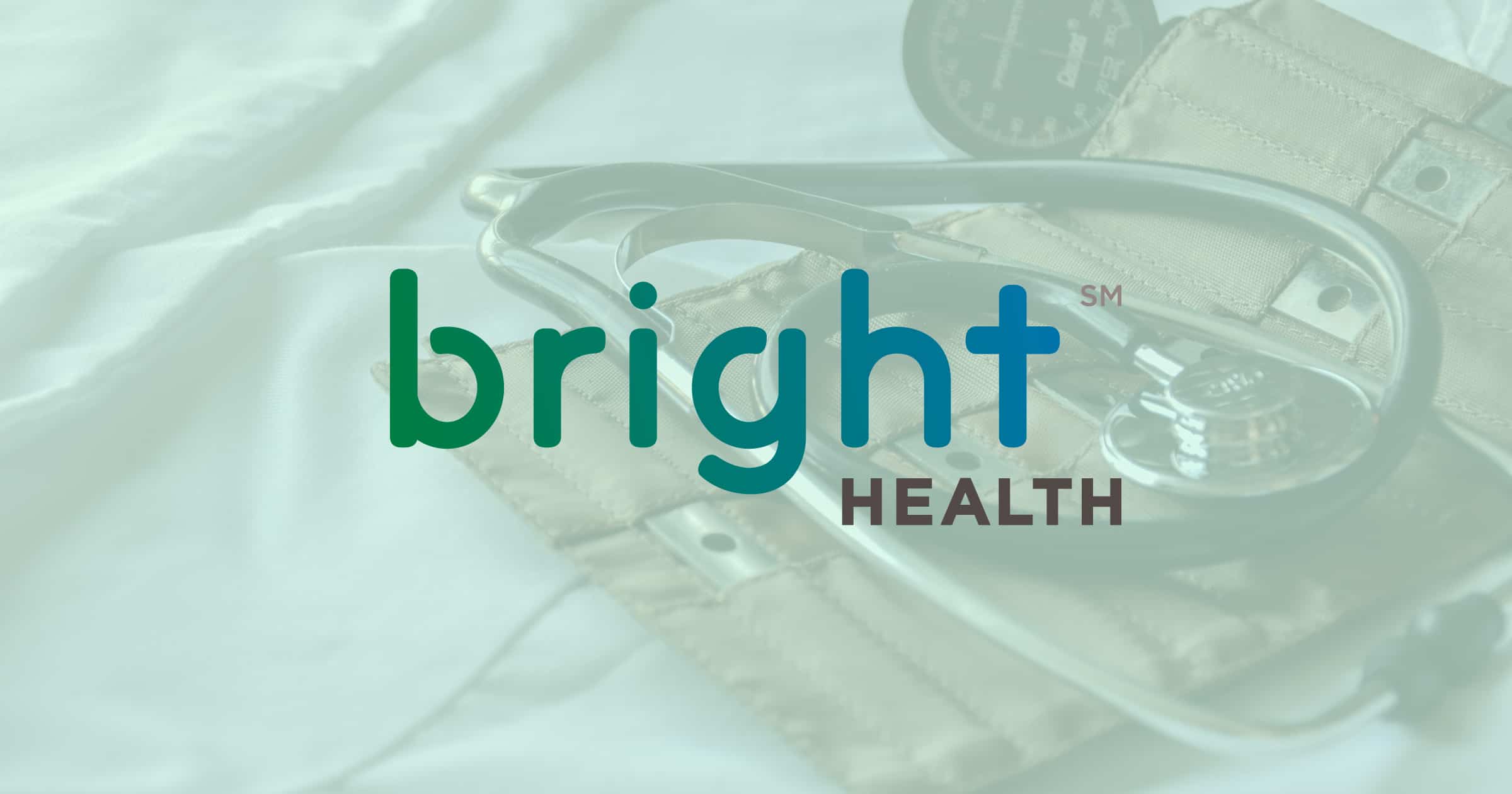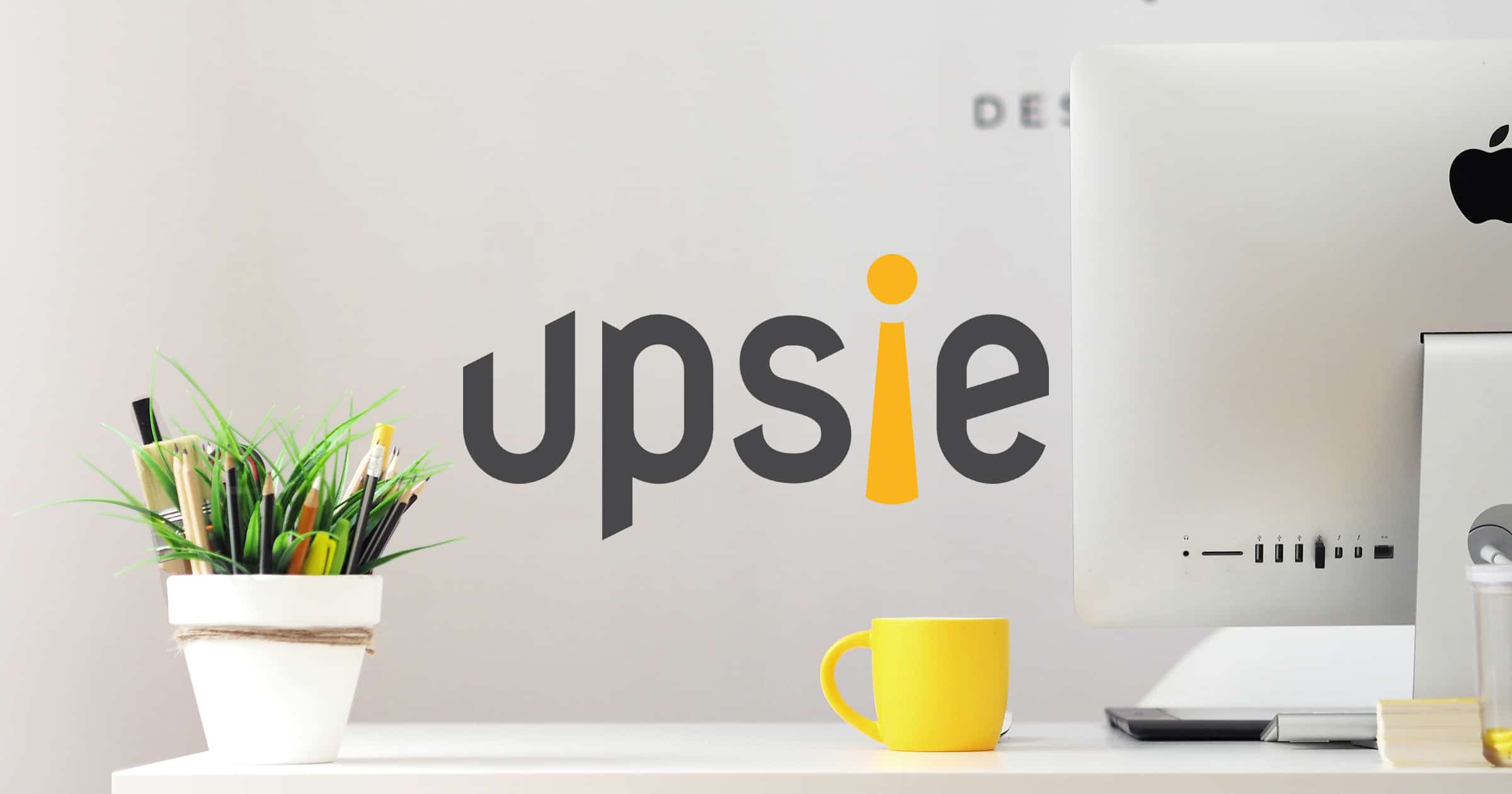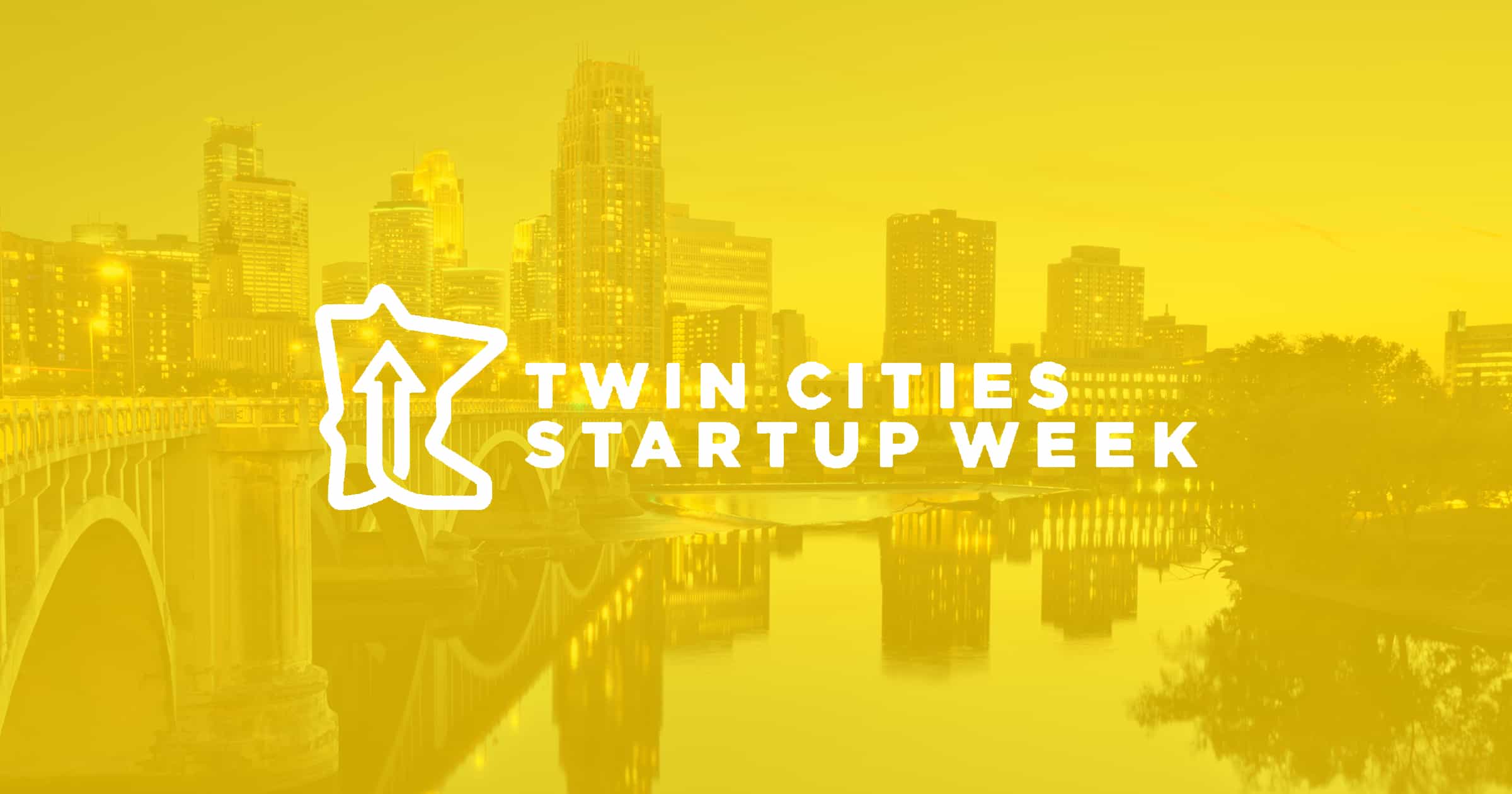If you attended Twin Cities Startup Week in October, you probably took ample advantage of the two main community hubs. Based in the IDS Center in Minneapolis and Osborn370 in St. Paul, these destinations offered a welcome respite from the high energy of TCSW, not to mention a handy networking opportunity.
What you probably don’t know is that the Minneapolis hub could’ve looked a lot different if not for an 11th-hour helping hand from KNOCK, inc. just two weeks before the event’s kickoff. Up until that point, TCSW wasn’t sure it had furniture donated for the space which, to put it lightly, would’ve created a distinctly different vibe from the ultra-comfy Herman Miller collection that ended up there.
That assist from the Minneapolis creative agency is, really, what TCSW is all about — community. And it’s community that proved to be a crucial component of the event’s success, especially for its first-time director, Casey Shultz.
 “I was overwhelmed by the amount of support I got from the community,” Shultz said. “It was definitely like drinking from a firehose, but the community is so collaborative and helpful here. They really helped us succeed.”
“I was overwhelmed by the amount of support I got from the community,” Shultz said. “It was definitely like drinking from a firehose, but the community is so collaborative and helpful here. They really helped us succeed.”
Spearheaded by Shultz and bolstered by the support of countless community and partner members, TCSW 2019 was attended by 15,775 people, an increase of more than 13 percent from last year. That’s a lot of people. Thankfully, there were also a lot of events — 205, to be exact. But all the events in the world don’t add up to much if the voices behind them blend together into a homogenous drone, a problem TCSW began tackling immediately during the planning process with the help of 26 Letters co-founder, Caroline Karanja.
“We were really fortunate to work with Caroline and 26 Letters to launch several diversity, equity, and inclusion initiatives,” Shultz said. “It really paid off in the form of representation.”
With the combined effort of 26 Letters and other partners such as Lunar Startups and the Glen Nelson Center, the event lineup was more diverse than ever before. Of the 403 presenters, 66 percent were female thought leaders and 49 percent were people of color.
TCSW is focusing on increasing those numbers in 2020. With the launch of a diversity, equity, and inclusion advisory board early next year, volunteers will be able to help guide TCSW to better engage communities that haven’t historically been tapped. This board, along with hopeful collaborations with organizations such as Techquity and Blacks in Technology, are positive signs of the event’s inclusive pulse.
While an expanding diversity landscape is undoubtedly a strength, Shultz was keenly aware of how the week’s expansive geographical landscape affected its effectiveness in years past. Before, simultaneous events in several areas across the cities hurt attendance and often forced participants to plan an exhausting ping-pong schedule. Some attendees, Shultz said, drove more than 600 miles during the week.
The solution was one of the more sweeping changes put in place. While there were still events peppered throughout the cities, TCSW partnered with local thought leaders such as Target, Microsoft for Startups, and Amazon Web Services for one-day tracks that were centered in a single city. With the addition of these focused events, an attendee could get a full day’s worth of insight from a wealth of influential and experienced experts in a field without needing to perform the logistical gymnastics necessary to block off an entire week. These tracks, in addition to the community hubs, helped to increase the overall attendee satisfaction rating to 8.7, a full point more than 2018’s 7.7.
“People felt that the quality was higher this year,” Shultz said. “The feedback we got was overwhelmingly that they loved having these epicenters. They didn’t change from day to day, and it’s kind of cool to be working in this prime space in downtown Minneapolis and St. Paul in the fall when the weather is nice.”
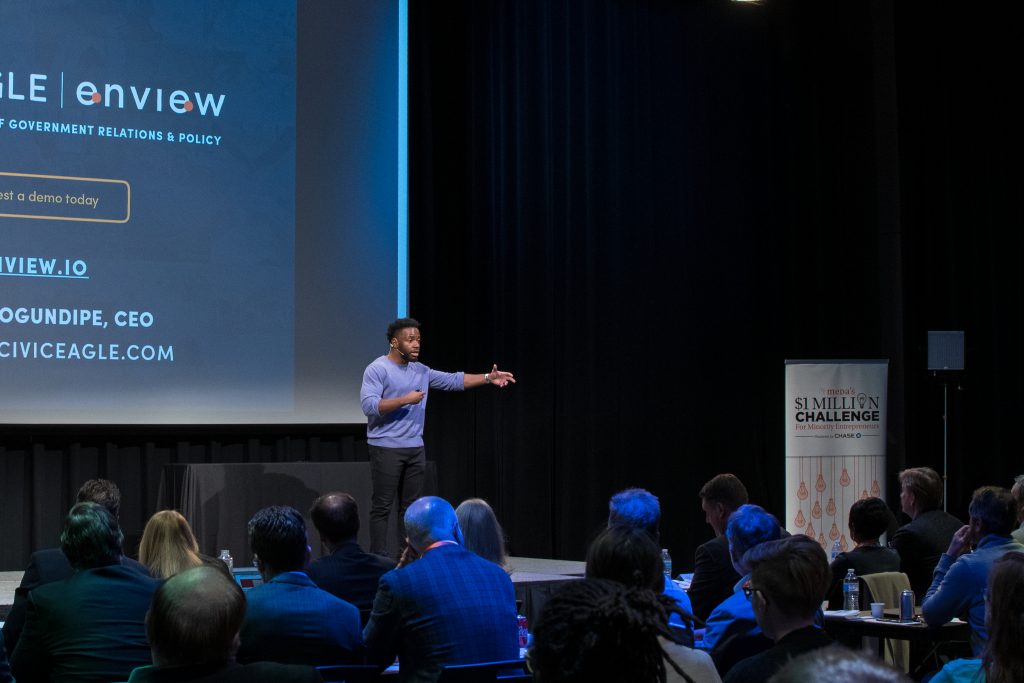 But with 2019 coming to a close, it’s time to start looking ahead to TCSW 2020. From the sound of things, next year’s startup week will retain many of the same elements that made this year’s edition a success while continuing to focus on the aforementioned diversity initiatives and an overall smoothing of logistical rough edges. Leading up to the week, BETA State of the State will return with a look back at 2019 as well as some futurism predictions about the Minnesota economy, the two BETA Showcases may be expanded to greater Minnesota and feature 25 startups instead of 15, and the usual bevy of BETA events spread throughout the year will continue to be made more accessible to a wider range of communities.
But with 2019 coming to a close, it’s time to start looking ahead to TCSW 2020. From the sound of things, next year’s startup week will retain many of the same elements that made this year’s edition a success while continuing to focus on the aforementioned diversity initiatives and an overall smoothing of logistical rough edges. Leading up to the week, BETA State of the State will return with a look back at 2019 as well as some futurism predictions about the Minnesota economy, the two BETA Showcases may be expanded to greater Minnesota and feature 25 startups instead of 15, and the usual bevy of BETA events spread throughout the year will continue to be made more accessible to a wider range of communities.
Shultz is confident that there’s something for everyone at TCSW, but she also understands how intimidating a quick glance at a schedule of hundreds of events can be. When the 2020 event lineup does take shape, she offered a bit of advice for those who might still feel overwhelmed.
“Start with one thing that strikes your fancy and go,” she said. “If you like it, you can look for more events that interest you. You have to eat an elephant one bite at a time.”
Photo Credits (from top):
MEDA Million Dollar Challenge
Casey Shultz, Beta.MN
MEDA Million Dollar Challenge

